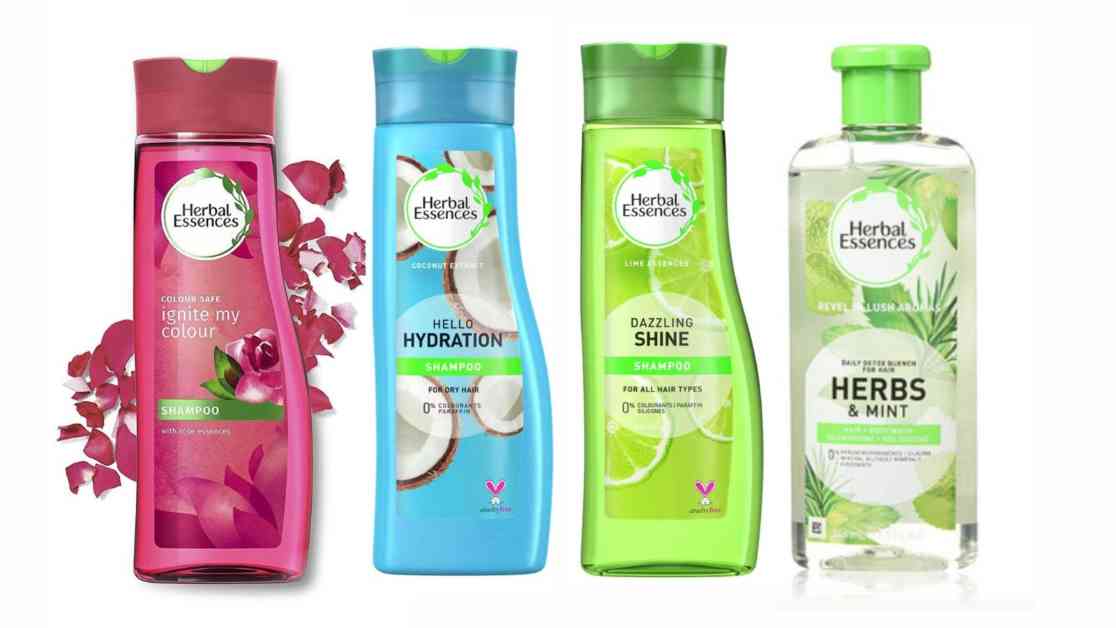Herbal Essences, a popular brand known for its hair care products, is facing backlash from UK shoppers this week. The reason for the outrage is the recent reduction in the size of its product bottles, while the prices have remained the same. Consumers have noticed that products like Herbal Essences’ Dazzling Shine, Hello Hydration, Daily Detox, and Ignite My Colour moisturisers have gone from 400ml to 275ml. Despite this significant decrease in quantity, the price remains at £2, leading to accusations of shrinkflation.
Shrinkflation, the practice of reducing product sizes while keeping prices constant or even increasing them, has become a growing concern for UK consumers. Many companies have resorted to this strategy to offset rising production costs without overtly raising prices. However, as more shoppers become aware of this tactic, dissatisfaction is on the rise.
Not only Herbal Essences but other well-known brands like Pantene, Tresemmé, and L’Oréal have also downsized their products while maintaining prices. For example, Pantene’s Repair and Protect bottles saw a decrease of 100ml with a price increase of 25p, and Tresemmé reduced its shampoo size from 900ml to 680ml without changing the price. Even food products like McVitie’s Digestives and household essentials like Comfort Pure fabric conditioner have experienced similar reductions.
The response from UK consumers to Herbal Essences’ shrinkflation has been negative, with many expressing their frustration on social media. Consumer rights expert Martyn James emphasized the importance of transparency in pricing changes, urging companies to be open about any adjustments. While the British Retail Consortium asserts that there is nothing illegal about shrinkflation as long as price and quantity are clearly stated on the packaging, consumers are still feeling the pinch.
In France, lawmakers have taken steps to address shrinkflation by requiring companies to label downsized products. French supermarket Carrefour has already implemented these labels to inform shoppers of size reductions and price increases. This transparent approach has been praised for its honesty and commitment to consumer trust.
As UK consumers continue to navigate the effects of shrinkflation, retailers may benefit from adopting a similar transparent approach to maintain customer loyalty. Reports show that a significant number of consumers have switched to cheaper supermarkets, reduced the frequency of purchasing favorite products, or even switched brands due to shrinking product sizes. This trend could have long-term consequences for manufacturers if not addressed appropriately.













